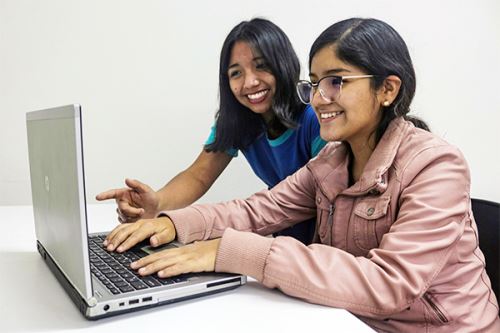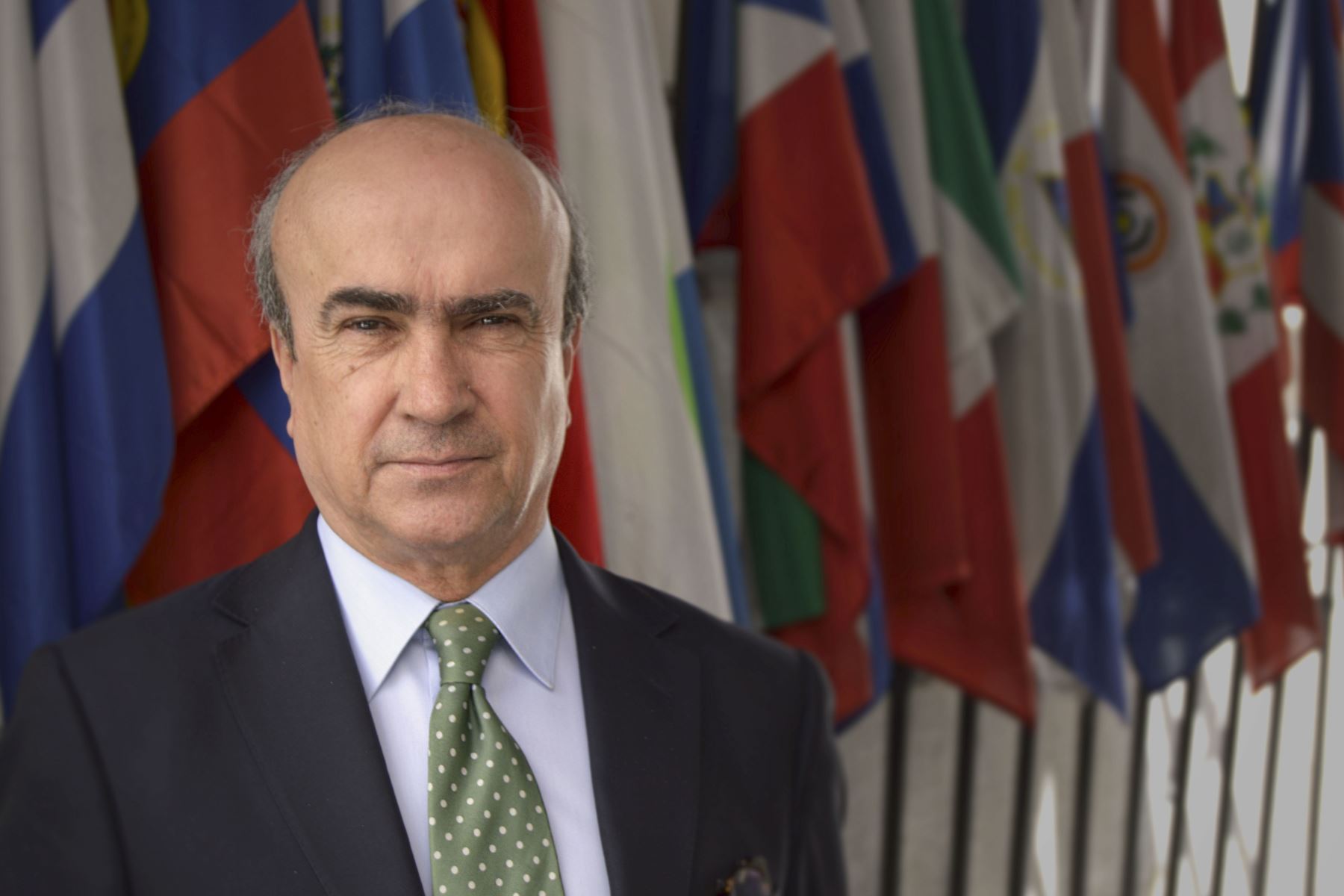The Secretary-General of the Organization of Ibero-American States (OEI), Mariano Gabonero, called on the governments of the region, including Peru, to make “reasonable and beneficial” investments in education, science and culture because the return of directed capital and the benefit to the population is very good.
Jabonero stressed that despite the improvement in educational coverage in the countries of the region, it is still low-quality, not comprehensive and unfair, so it is necessary to achieve a qualitative leap, which he hopes will occur after the Covid-19 epidemic. .
He also said that the region is a global power in terms of cultural capacity and has not been adequately appreciated despite the fact that it contributes strongly to the wealth of countries. Only in Latin America the contribution to GDP is 2 to 4%.
“Culture is part of our identity, our history and our economy and it is the source of our employment. During the pandemic, 1.6 million jobs have been lost in this sector in the region. It is a very important source of employment.” .
Regarding science, he stated that the contribution of governments in the region in this sector is very low, less than 1%.
“With very little investment in culture and science, the return will be very large. With a 1% investment in culture, the return will be four times. And in science it is multiplied by five to calculate the return. In a pandemic, researchers have worked in isolation and in virtual systems and deployed more than any time ago “.
Digital transformation of higher education
On the other hand, the representative of the OEI indicated that the conditions of equality and quality can be achieved through virtual education. “Those who do chores or cannot go to classes face-to-face can do so through virtual education, which now has great social demand.”
He commented that virtual education is easy to expand with a very low cost and a very fast response time. “The pandemic has shown us that expanding it is not complicated, and what is required is a political decision.”
“Now or never, we have a moment of opportunity, during the pandemic that we have introduced, we cannot go back to the 2019 or 2018 model but to another model of the future that is digitally innovative and has opportunities for everyone,” he stressed.

He pointed out that Latin America is the region that has lost most school days during the pandemic, and in it, more than 40% of school children have been separated from the classroom due to the lack of any device or potential connection at home to continue their studies remotely.
This educational decline, he argued, will affect this generation, who “will have fewer skills and abilities, and perhaps will be paid less in their jobs, as they will have less employability.” From the data, he said, prior to the pandemic, only 55% of 10-year-olds understood what they were reading; Now that level has fallen to 46%.
thus He called for the digital transformation of higher education in response to the demand for new skills. “Virtual education in higher education has been shown to grow like never before due to growing social demand and responsiveness.”
OEI and Proeduca
In this challenge, public and private entities can unite, as they do, he pointed out, OEI and Proeduca, an education group affiliated with the International University of La Rioja (UNIR), which has just announced the recipients of their partial program. The scholarship program for masters studies corresponding to the call for 2021-2022.
In total, the initiative will benefit 150 students from 14 countries, including Peru. The winners will receive their master’s degrees at the institutions that make up this educational group: UNIR, based in Mexico, and Neumann Graduate School in Peru.
Likewise, it has just begun International Course on Digital Skills and Instructional Material Design for Online Education, which has already trained more than 1,000 university professors in the area for free. In this version, 200 officials from 17 countries receive training, so that the ministries of Ibero-American countries will have experts in virtual education. For Peru, there are 11 scholarship holders who participate in this course.
(end) CR





